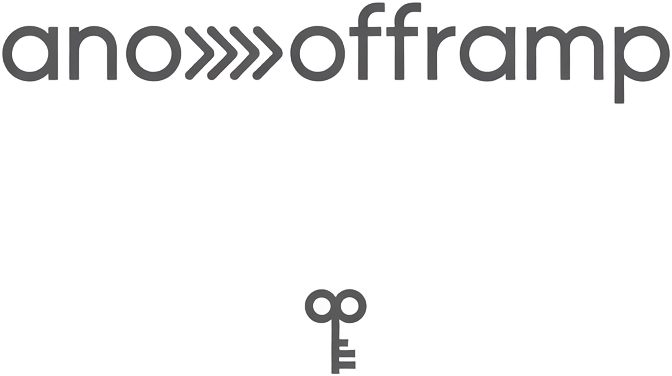
For privacy-focused crypto users, navigating the world of fiat on-ramps and off-ramps with stablecoins is both an opportunity and a challenge. As regulatory scrutiny intensifies and KYC requirements proliferate, finding solutions that maintain anonymity while providing seamless conversion between fiat and digital assets is more critical than ever. The current landscape offers a mix of innovative platforms, non-custodial wallets, and peer-to-peer (P2P) systems that can help users preserve their privacy without sacrificing efficiency or security.

What Are Fiat On-Ramps and Off-Ramps for Stablecoins?
Fiat on-ramps are services or platforms that allow users to convert traditional currencies (such as USD or EUR) into stablecoins like USDT, USDC, or DAI. Off-ramps perform the reverse function, enabling users to turn their stablecoins back into fiat for spending or withdrawal. These mechanisms are fundamental to bridging the gap between traditional finance and decentralized digital assets.
According to Coinbase, on-ramps and off-ramps play a pivotal role in adoption by making it easier to enter or exit the crypto ecosystem. For privacy advocates, however, not all ramps are created equal. Many require extensive personal information; others offer minimal friction but may come with trade-offs in terms of limits or fees.
Key Methods for Privacy-Preserving On-Ramping
Privacy-conscious users have several compelling options when converting fiat into stablecoins:
Top 4 Privacy-Focused Fiat On/Off-Ramp Methods (2025)
-

ChangeNOW: Purchase stablecoins without account registration, supporting a wide range of assets and instant exchanges—ideal for users seeking privacy and speed.
-

Bleap: Offers a non-custodial, zero-fee fiat-to-stablecoin conversion directly to your wallet, ensuring you retain full control and privacy over your funds.
-
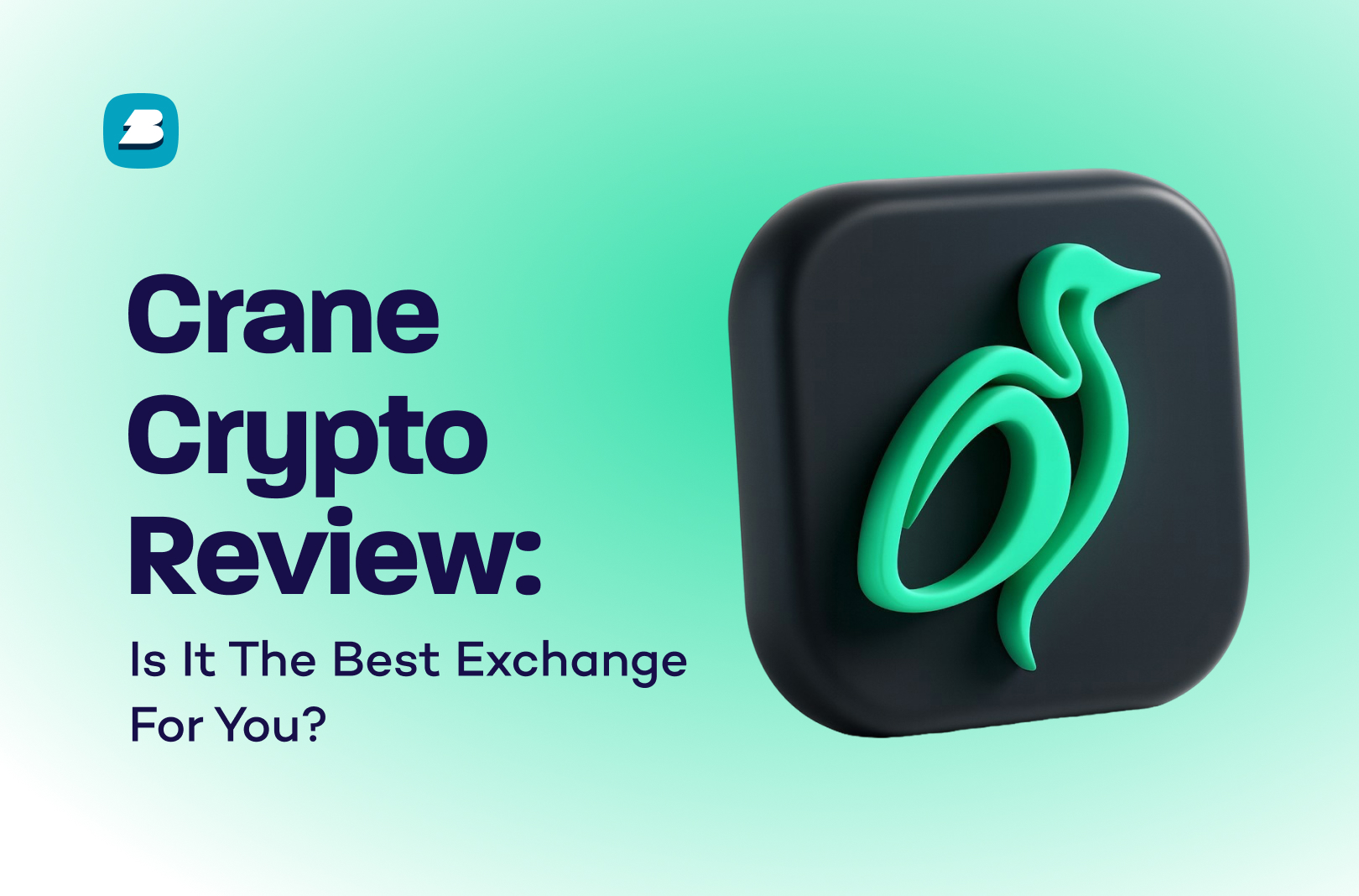
Peer-to-Peer (P2P) Platforms: Platforms like LocalBitcoins and Paxful enable direct, private exchanges between individuals, allowing users to sell stablecoins for fiat without intermediaries.
-

Crypto Debit Cards: Services such as Crypto.com and Binance Card let users spend stablecoins directly, converting to fiat at the point of sale and maintaining transaction privacy.
ChangeNOW is one standout platform: it allows instant purchase of stablecoins without account registration, supporting multiple assets. This makes it ideal for those who wish to avoid unnecessary data collection (source). Bleap, meanwhile, offers a non-custodial approach with zero fees, ensuring users retain full control over their wallets (source). Both platforms exemplify how modern solutions are prioritizing user sovereignty over convenience.
P2P exchanges such as LocalBitcoins and Paxful provide another layer of privacy by facilitating direct trades between individuals. These decentralized models reduce exposure to centralized intermediaries – though they require diligence in vetting counterparties.
Off-Ramping: Turning Stablecoins Back Into Fiat Privately
The process of converting stablecoins back into fiat while maintaining privacy can be just as nuanced as on-ramping. P2P platforms remain popular due to their direct nature and minimal KYC requirements. In addition, crypto debit cards from providers like Crypto. com or Binance Card allow users to spend their stablecoins directly at merchants worldwide; these cards convert crypto at the point of sale with little friction (source). For those who value discretion, these card solutions blend everyday usability with enhanced privacy controls.
Best Practices for Maximizing Privacy in Crypto On/Off-Ramps
Pursuing anonymity does not mean compromising on security or legality. Here are some essential practices:
- Use non-custodial wallets: Retain full control over your private keys and funds.
- Select minimal-KYC platforms: Be aware of transaction limits but prioritize those that respect user data.
- Leverage decentralized exchanges (DEXs): Trade directly from wallet to wallet without centralized oversight.
- Stay compliant: Understand your jurisdiction’s regulations regarding cryptocurrency transactions to avoid legal pitfalls.
- Pursue layered security: Use two-factor authentication (2FA), strong passwords, and reputable services only.
One often-overlooked aspect of privacy in crypto on/off-ramping is the importance of transaction metadata. Even if you use a non-custodial wallet and a minimal-KYC platform, blockchain transactions remain public and traceable. To mitigate this, consider using privacy-preserving tools like mixers or privacy coins for added obfuscation before moving assets through ramps. However, always weigh the regulatory risks, as some jurisdictions scrutinize these methods.
Comparing Stablecoin Card Solutions for Private Spending
Stablecoin cards have emerged as a practical off-ramp for those wishing to spend digital assets in everyday scenarios without drawing unwanted attention. These cards allow users to load stablecoins and spend them directly at merchants, with instant conversion to fiat at the point of sale. Not all card providers offer the same degree of privacy or flexibility:
Top Stablecoin Card Solutions Compared
-
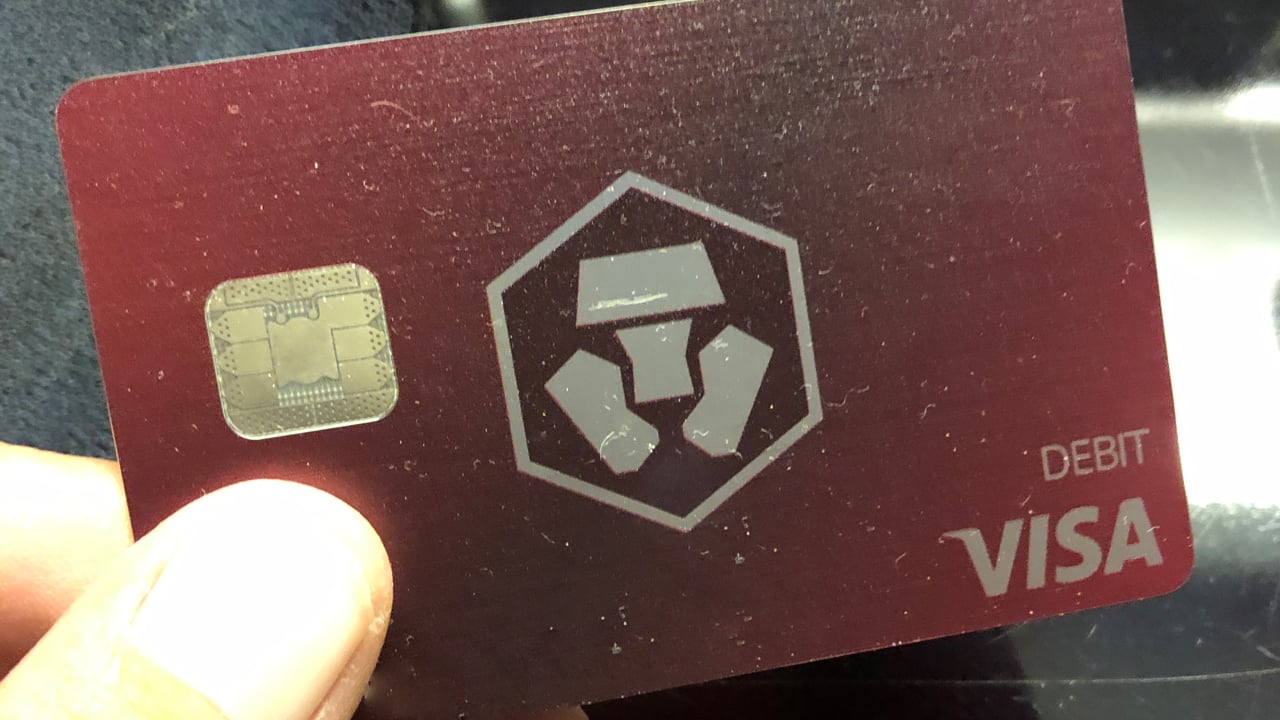
Crypto.com Visa Card: Offers a prepaid Visa card that allows users to spend stablecoins and other cryptocurrencies directly at millions of merchants worldwide. Features include instant conversion to fiat at point of sale, up to 5% cashback, and a user-friendly mobile app. Note: Requires KYC verification and is not fully anonymous.
-
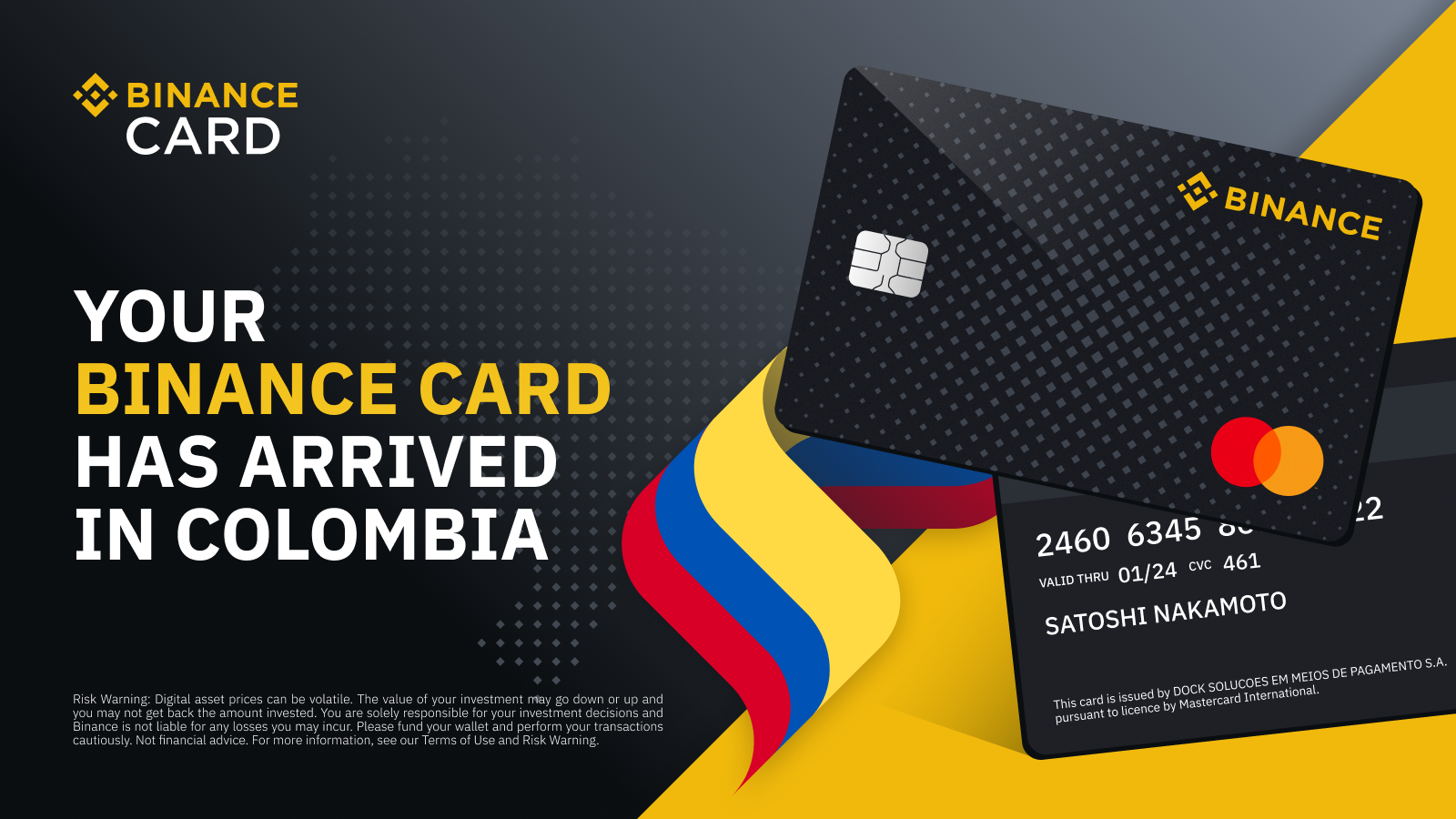
Binance Card: Enables users to spend stablecoins (like USDT and BUSD) and other crypto assets wherever Mastercard is accepted. The card provides real-time conversion and up to 8% cashback on eligible purchases. KYC is mandatory, and the card is linked to your Binance account.
-
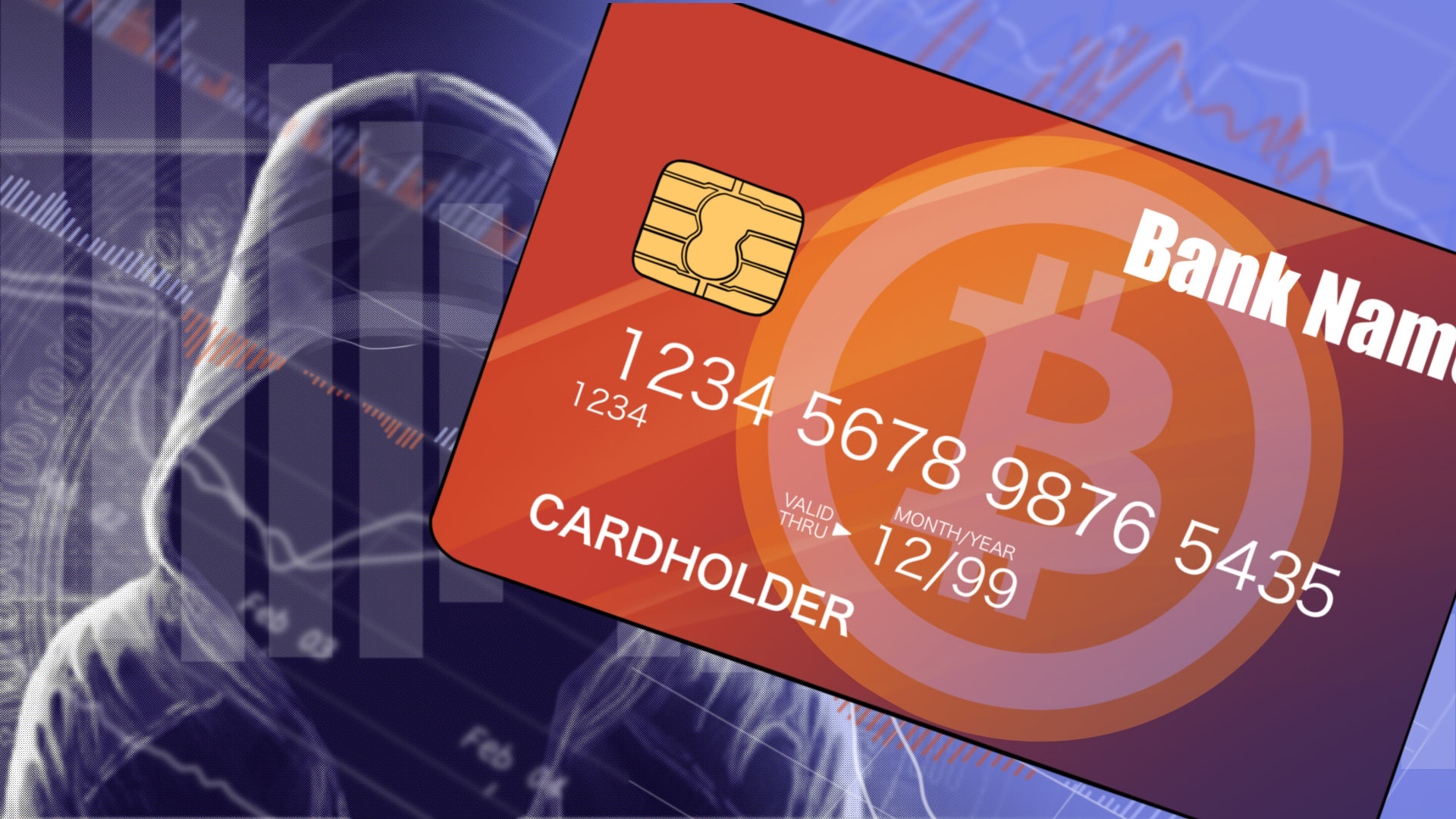
Emerging Anonymous Crypto Debit Cards: Newer solutions such as ClubSwan and Uquid are exploring privacy-focused cards that offer minimal KYC or anonymous tiers. These cards support stablecoin spending and withdrawals, but may have lower transaction limits and are subject to evolving regulations. Availability and privacy features vary by provider and jurisdiction.
When choosing a card solution, examine not just fee structures but also data retention policies and geographic availability. Some cards require full KYC; others may have lower limits but ask for less personal information. For example, Crypto. com’s card is widely accepted but requires identity verification, while certain new entrants focus on privacy-first approaches and lower barriers to entry.
Risks and Limitations: What Every Privacy Advocate Should Know
Despite growing options for private crypto on/off-ramps, several risks remain:
- Counterparty risk: Especially relevant in P2P trades; always use escrow services where available.
- Platform reliability: Stick with established platforms with a track record of uptime and user support.
- Changing regulations: Laws can shift rapidly. Monitor updates in your region that may impact access or legality.
- Transaction limits: Many low-KYC or no-KYC services cap daily or monthly volumes to comply with anti-money laundering (AML) rules.
The intersection of privacy and compliance is evolving. While some jurisdictions are tightening oversight on crypto-fiat flows, others recognize the value of financial self-sovereignty and are experimenting with regulatory sandboxes. Stay informed via reputable news sources and community forums to anticipate changes that could affect your preferred methods.
Resources for Staying Ahead
If you’re serious about optimizing your fiat on-ramp stablecoins strategy while maintaining discretion, regularly review new developments in both technology and regulation. Platforms like Stablecoin Insider, Bleap, and Fuze Finance provide up-to-date reviews on emerging tools tailored for privacy-focused users.
The future of private crypto-to-fiat conversion will likely be defined by ongoing innovation at the intersection of financial technology and regulatory adaptation. By leveraging non-custodial wallets, decentralized exchanges, robust security practices, and carefully selected ramp solutions, users can preserve their autonomy without sacrificing access or usability.
